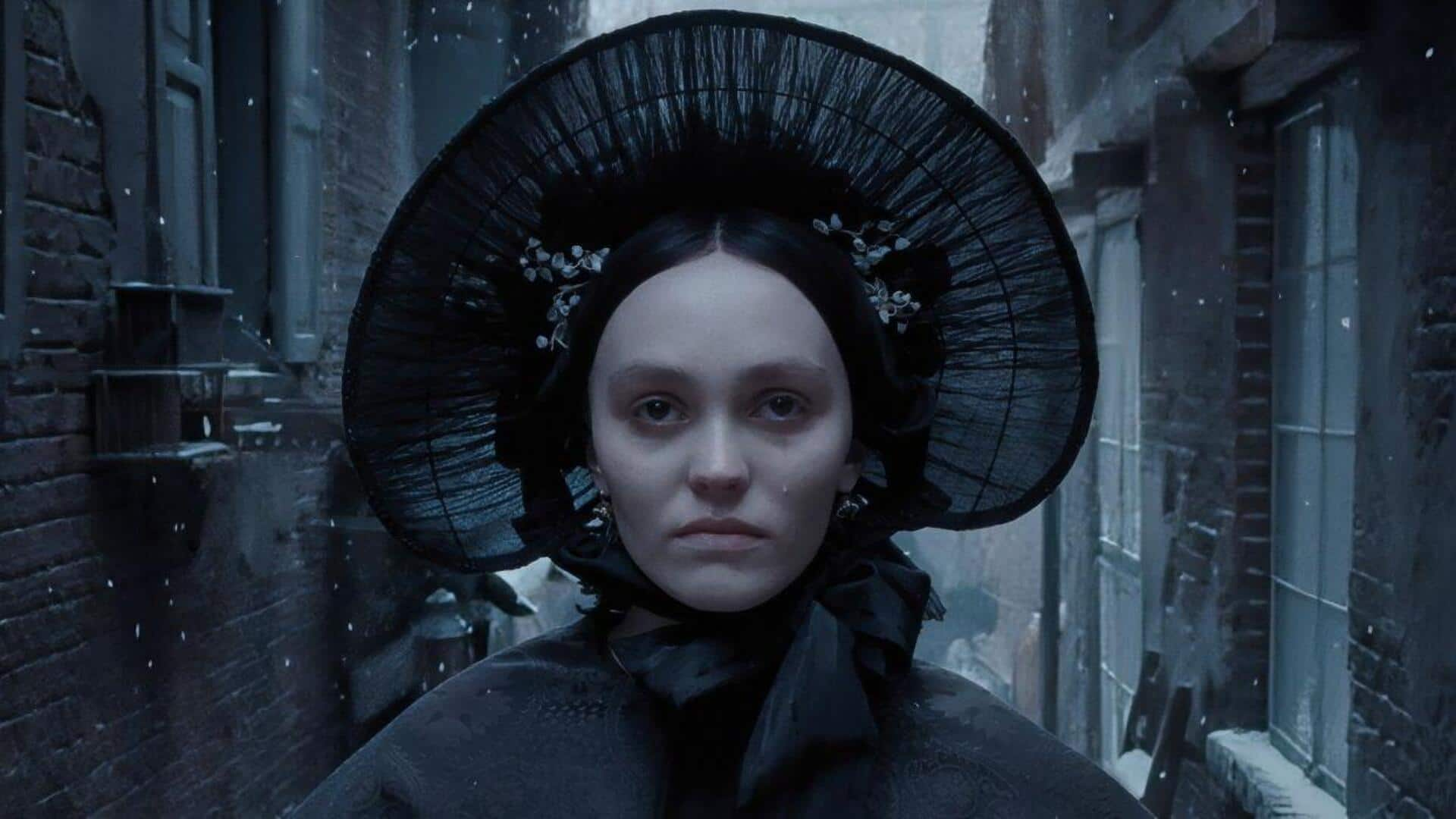
Why Robert Eggers remade 'Nosferatu' instead of adapting 'Dracula'
What's the story
Acclaimed Hollywood filmmaker Robert Eggers has revealed why he chose to remake the classic silent film Nosferatu instead of adapting its source material, Bram Stoker's 1897 novel Dracula. The original 1922 silent film Nosferatu: A Symphony of Horror, directed by FW Murnau, centers on Count Orlok, an ancient vampire played by Bill Skarsgard in Eggers's version.
Artistic choice
Eggers's preference for 'Nosferatu' over 'Dracula'
In a chat with Screen Rant, Eggers revealed, "I mean, as much as I love the novel, it is a little bit overstuffed with Victoriana [Victorian period]." "I think something about the Murnau adaptation is just a simple fairy tale. I actually think that simple fairy tale that is at the core of the Stoker novel is the thing that has made it so adaptable and so versatile and kept people so inspired over the past century."
Character emphasis
Eggers's focus on female protagonist in 'Nosferatu'
Eggers also loved Murnau's creative decision to turn the female protagonist into a hero by the end of Nosferatu. "Something that I really loved about the Murnau film is that it ends with the female protagonist being the heroine." "I thought that it would be potentially more exciting if the whole film is told through her eyes, because it had the potential to be more emotionally and psychologically complex than an adventure story about a real estate agent."
Historical context
'Nosferatu' and 'Dracula': A historical perspective
The history between Stoker's novel and Murnau's film is complicated. The latter started as an unofficial adaptation of the former, resulting in legal troubles that reportedly saw most copies of Nosferatu being destroyed. However, a few copies survived, allowing Nosferatu to become a major influence on the horror genre and cinema in general. Eggers's version, meanwhile, stars Nicholas Hoult, Lily-Rose Depp, and Aaron Taylor-Johnson.